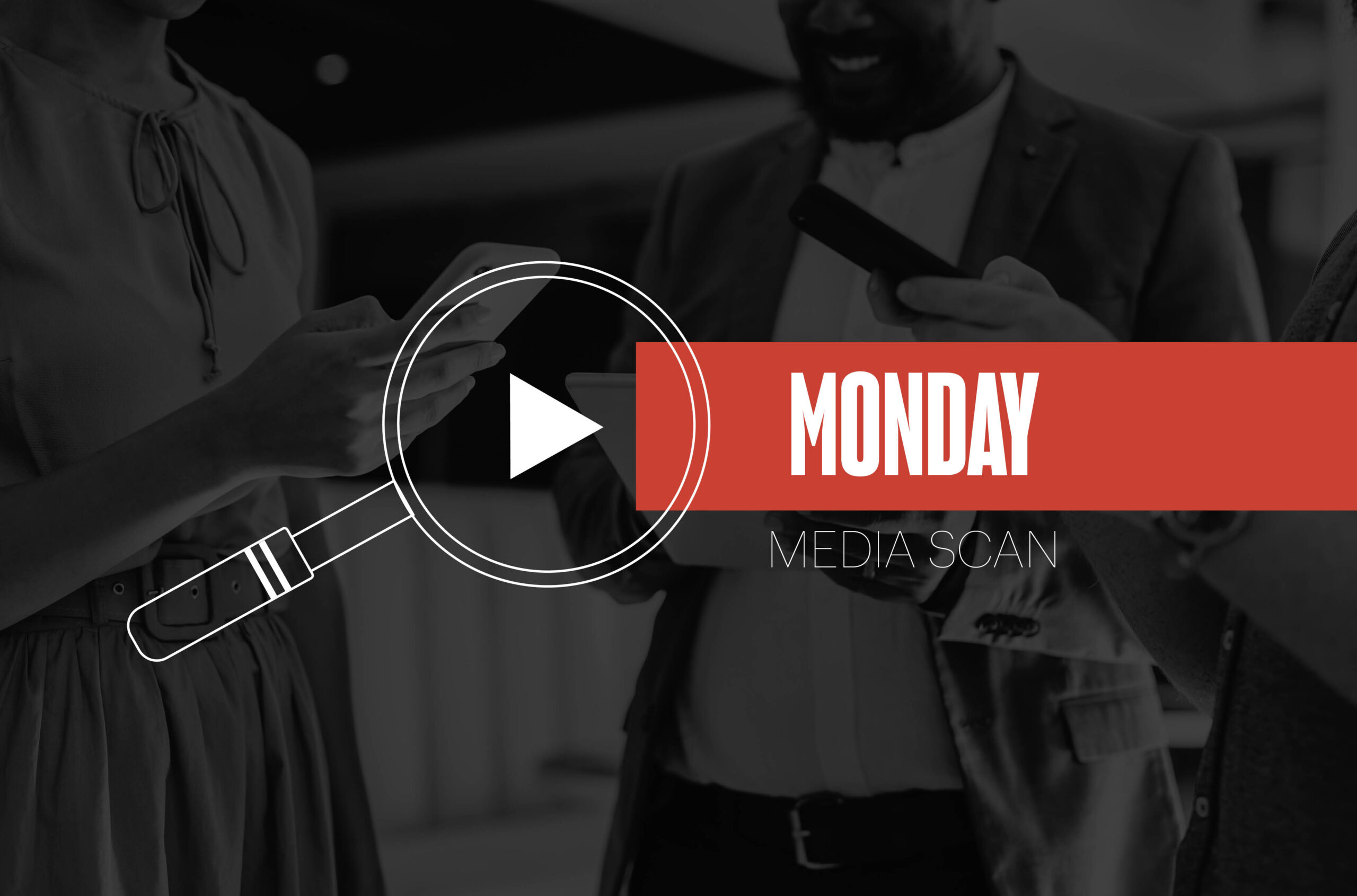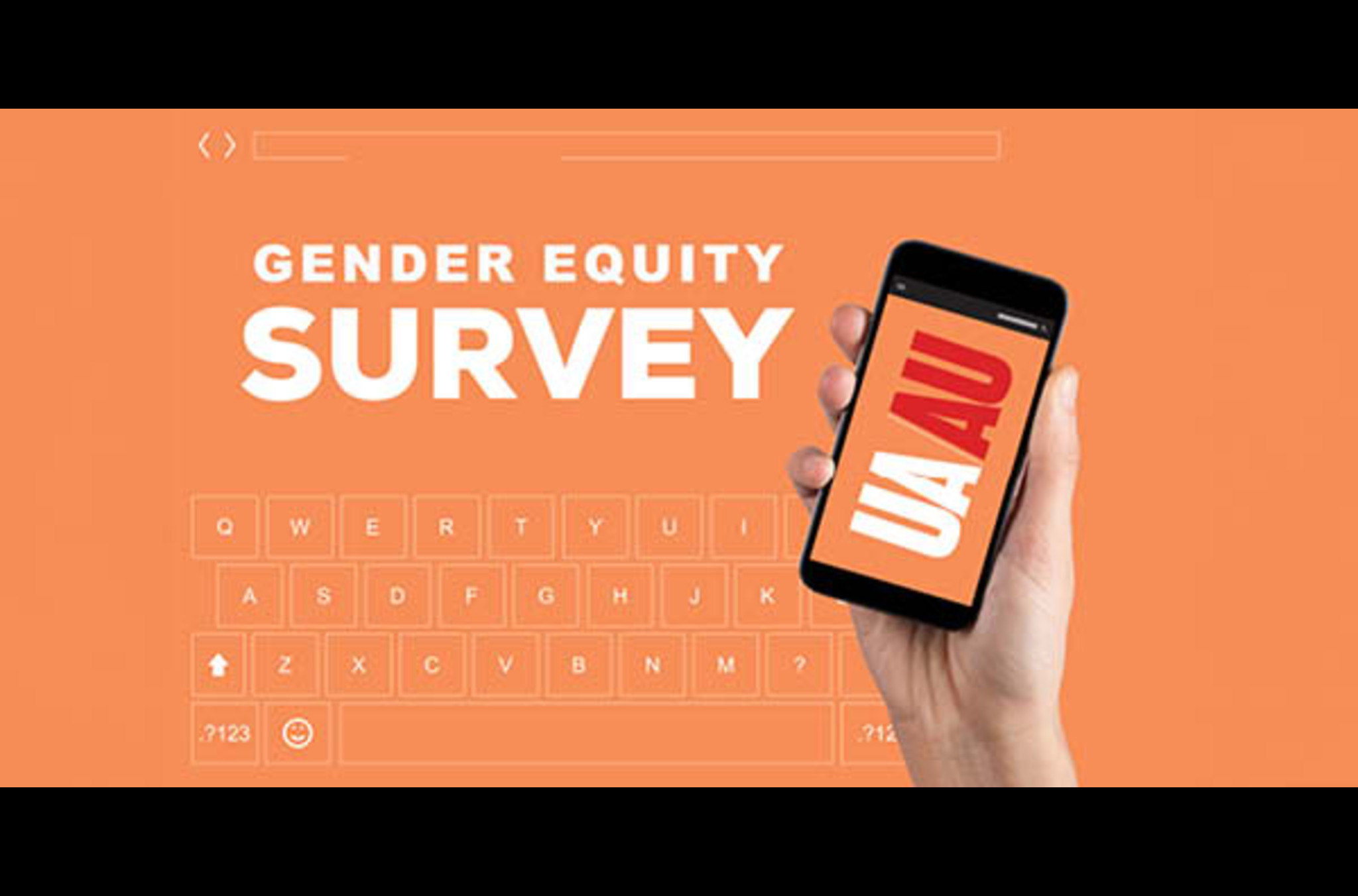Getting to know The Academic Issue
An interview with host Kate Kenyon on the launch of University Affairs' new podcast.


University Affairs is launching a new podcast, The Academic Issue, on May 13. The goal is to explore topics affecting the Canadian university community through conversations with experts from campuses across the country.
The first episode focuses on the role of artificial intelligence in academia, with host Kate Kenyon speaking to Western University’s chief AI officer, Mark Daley.
I sat down with Ms. Kenyon to learn more.
University Affairs: Why is University Affairs launching The Academic Issue podcast?
Kate Kenyon: Podcasts are a powerful medium to connect with our audience in a new and engaging way. The audio format, with its length and conversational feel, allows us to approach subjects in greater depth, while also offering our busy audience a flexible way to access our content. You can listen to The Academic Issue during your drive to work, your workout or while doing chores at home – anywhere, really. It’s a storytelling medium that feels like a natural fit for the publication, and an exciting new opportunity for our audience to explore the issues that matter to them.
UA: Who is the intended audience?
Ms. Kenyon: The podcast is for anyone with an interest in higher education in Canada, but the content has faculty and their interests in mind, and our episodes are primarily geared towards them. The episodes will take the form of interviews with subject matter experts, so our hope is that our audience will be able to extract insights that will help them address the topic at hand in their work, whether that’s in the classroom, the lecture hall, or during office hours.
UA: Tell us a little about yourself and why higher education issues interest you?
Ms. Kenyon: Academia is the common thread that has run through my career. Originally from the U.K., I started out at the British Academy in London, fostering international mobility for leading academics. After that I did a brief stint as a teacher, then joined Mitacs, promoting innovation between Canada’s academic and private sectors. My role on the University Affairs editorial team represents something of a return to my roots, in cultivating and championing the academic sphere.
UA: How will these discussions with academic experts be different from the content our audience can find online and in the magazine?
Ms. Kenyon: There are very few podcasts out there speaking specifically to Canadian academics, so we’re excited to be occupying that space. The content we explore in The Academic Issue will be thematically similar to the written content our UA audience is used to, but the listening experience will offer something very different to that of reading off the page, with the voices of our community brought vividly to life in direct conversation.
UA: With the higher education sector undergoing so much change and confronting many challenges all at once, how important is it to go beyond the headlines and dive more deeply into the issues affecting faculty and the public with the academics at the forefront of those changes?
Ms. Kenyon: It’s of paramount importance that we have meaningful conversations with the people on the frontline of Canadian academia, who have experienced enormous upheaval and uncertainty over recent years. Their experiences and knowledge are key to understanding what the academic landscape looks like, and how to navigate it today. The on-the-ground experiences of faculty can be lost or overlooked in media headlines, so we’re hoping The Academic Issue will allow a platform for closer examination of the daily reality of our community members.
UA: What do you hope faculty will take away from listening to the Academic Issue?
Ms. Kenyon: I hope listeners will find their professional experiences and concerns represented and thoroughly discussed on The Academic Issue, offering them helpful insights as to how to approach them. I’m also hoping we can foster a sense of community through the podcast, as academics across Canada have many shared experiences to discuss and explore.
Featured Jobs
- Electrical Engineering - Assistant Professor (Electromagnetic/Photonic Devices and Systems)Toronto Metropolitan University
- Economics - Associate/Full Professor of TeachingThe University of British Columbia
- Electrical and Computer Engineering - Assistant/Associate ProfessorWestern University
- Indigenous Studies - Assistant Professor, 1-year termFirst Nations University of Canada










Post a comment
University Affairs moderates all comments according to the following guidelines. If approved, comments generally appear within one business day. We may republish particularly insightful remarks in our print edition or elsewhere.